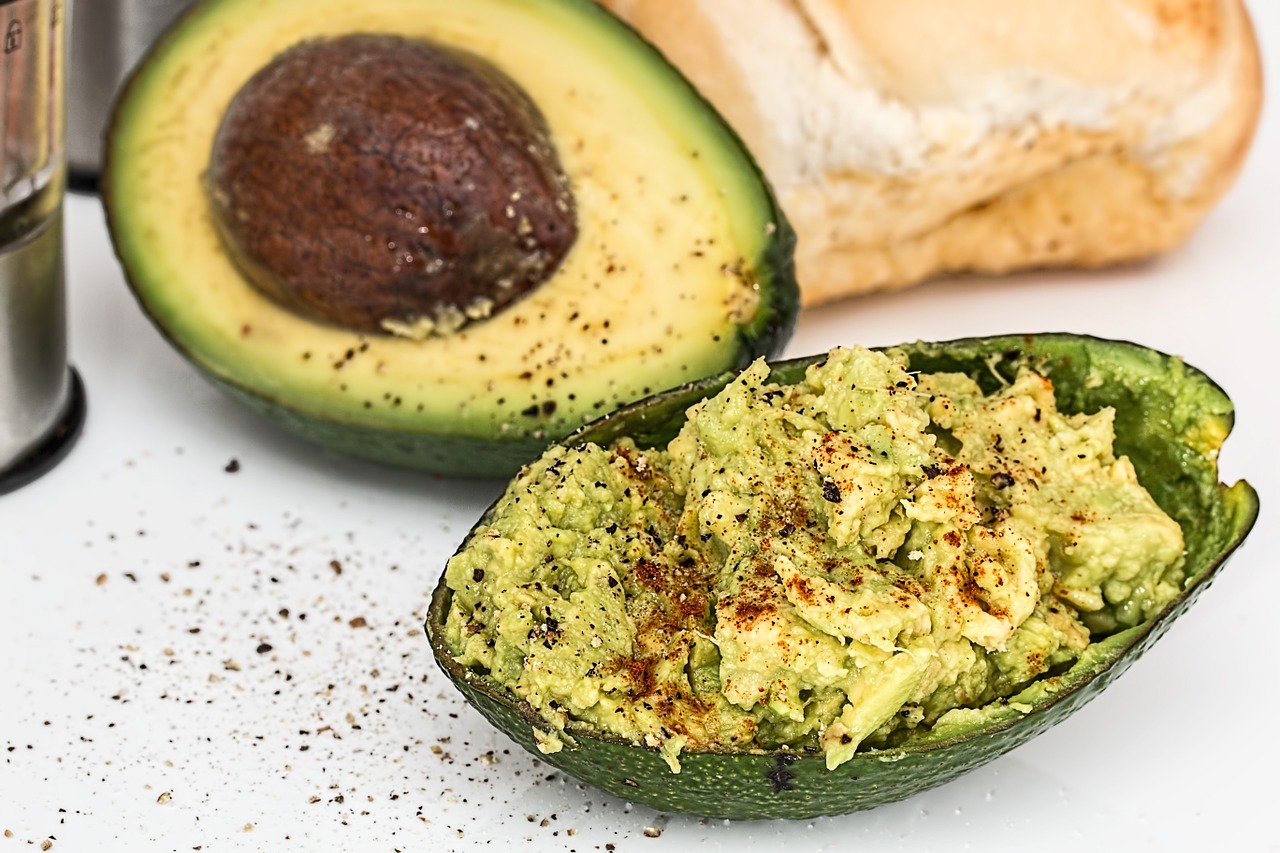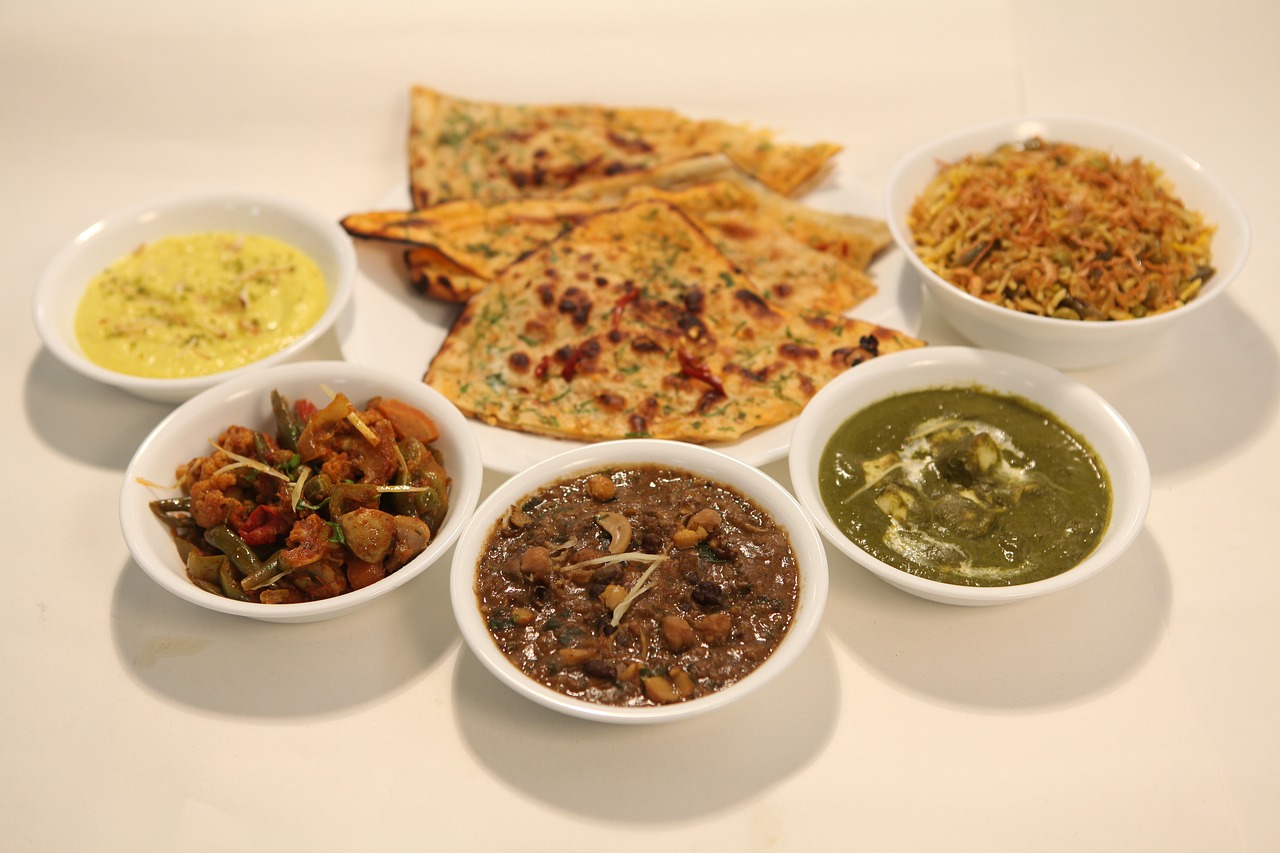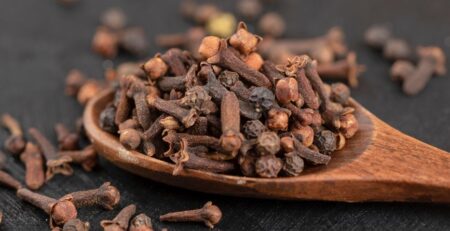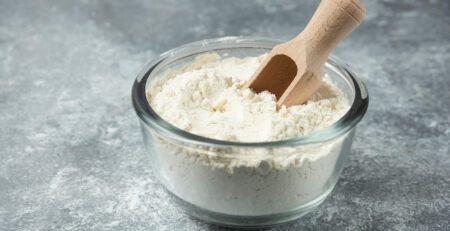Your 101 Guide to Relish Mangoes This Season: Dos, Don’ts, Benefits, and More
The mango season is almost here. And it is about that time when my inbox is overflowing with questions like:
I am diabetic. Should I eat mangoes?
Will mangoes make me fat?
Will mangoes shoot my sugar levels high?
Will mangoes worsen my acne?
The questions are many, but the answer is simple. It certainly will if you are not eating mangoes the right way. But if you relish quality seasonal mangoes in moderation, you do not have to worry about these issues.
What makes the nutritional profile of mangoes so rich?
The king of fruits, mango is a summer fruit that has a cooling impact on the body. The nutritional profile of mangoes is so rich that it benefits your immune system and prepares your body for the upcoming monsoon.
- Rich in macronutrients, micronutrients, minerals, and polyphenols
- Contains Vitamin C, A, E, and K, most B vitamins (except B12), β-carotene, potassium, and so on.
- Boasts of amino acids include lysine, leucine, cysteine, valine, arginine, phenylalanine, and methionine – some of which are essential amino acids and are available to the body only with dietary sources.
- Contains structural carbohydrates such as pectins and cellulose
- Its lipid composition increases as it ripens, particularly the omega-3 and omega-6 fatty acids. These are essential fatty acids for your body.
- Polyphenols found in mangoes include mangiferin, gallic acid, gallotannins, quercetin, isoquercetin, ellagic acid, and β-glucogallin, lutein
- Exhibits antidiabetic, antioxidant, antiviral, cardiotonic, hypotensive, and anti-inflammatory properties

How do mangoes benefit your health condition?
For diabetes
Fibers and antioxidants in mangoes don’t let the blood sugar levels spike too quickly. Mangifera present in mangoes helps improve insulin resistance. Compared to other tropical fruits, mangoes demonstrated beneficial effects on postprandial glucose and insulin response in type 2 diabetes.
One ripe mango provides approximately 29-32 gms of fruit sugar and a glycaemic load of 10. There is no point in fearing mangoes.
Fear overeating them. Overeating anything (even a fruit) creates a spike in our blood sugar levels. If you choose to have a bowl of mango chunks, a whole mango or half a mango, and couple it with a handful of nuts and seeds either with the fruit or post the fruit, then it shouldn’t upset your sugar levels because mango is a fiber-rich fruit.
Mangiferin has an antiviral and antiinflammatory impact on our body and also can affect certain enzymes in our body that plays an important role in blood sugar management.
For weight management
Dietary fiber, ascorbic acid, carotenoids, and phenolic compounds found in mangoes aid in obesity prevention and management and associated inflammatory conditions. Mangiferin helps loosen and remove fatty deposits from our liver.
For cancer
Mangoes are a rich source of immune-boosting vitamins and are known to exhibit anticancer and tumor suppression properties. Antitumoral effects of mangiferin are seen in various cancer cell lines such as the breast, lung, ovary, brain, and cervix.
For gastric health
Mango has non-digestible fibers which feed your good bacteria and improve gut health. It is excellent for irritable bowel syndrome (IBS), Crohn’s disease, and ulcerative colitis (UC) as well. Mangoes are labeled prebiotic because of their ability to feed good bacteria. They stimulate digestive enzymes and can be used as precursors to them.
For cardiac health
Potassium helps control heart rate and blood pressure, which helps keep your heart healthy. Also, high amounts of soluble dietary fiber, known as pectin mangoes, can help lower cholesterol.
For anti-aging
Vitamins A and C present in mangoes play an essential role in collagen production, a protein necessary to keep your skin cells healthy. It helps protect the body’s connective tissues and blood vessels, thereby enhancing the glow of your skin, triggering elasticity, and slowing down the natural aging process.
For immunity
This summer fruit is loaded with Vitamin C which is a powerful antioxidant and immunity-boosting vitamin. Our bodies are incapable of manufacturing Vitamin C, hence we rely on sources like fruits, vegetables, nuts, and seeds to fulfill our daily requirement which is about 1000 mg of Vitamin C.
Just after the first monsoon showers, we see a drop in everyone’s immunity. This wonderful fruit grows before monsoon sets in our country to boost immunity and gain a defense against monsoon-related sickness. This helps in a healthy transition from one season to another.
Vitamin C in them also has a positive impact on weight management. It can flush out fatty acids from our blood and also positively impact sugar levels.
What is the right way to eat mangoes?
- Eat your mangoes. Do not juice and drink it.
- You can cut pieces of fruit and relish them mindfully. But you need to avoid pulping it regularly as that can lead to the breakage of fibers.
- Always combine mangoes with a handful of soaked nuts to avoid a spike in blood sugar levels. Ensure that your meals are more nutritionally balanced. Are you diabetic? Sprinkle about ¼ tsp of Sri Lankan rolled cinnamon powder over your cut pieces before consuming to manage your sugar levels better.
- Avoid eating this fruit with your main meals. It’s best to consume them as a separate meal. It helps better absorption and reduces the carbohydrate overload of the main meals.
- Like any other fruit, avoid consuming mangoes post-sunset.
- Be mindful of your portion size. One to two should be okay per day. However, check with your health practitioner once before adding it to your daily meals.
- Avoid mixing sugar with any of these fruit preparations. If needed, use organic jaggery to sweeten it naturally.
- Always wash and soak mangoes for 2-4 hours before consuming them.
- While picking up your mangoes, always prefer organic and ethically grown varieties. Shop for them here. Most commercially available ones are sprayed heavily with carbide. You certainly don’t want to add any extra chemicals to the system that can affect the body negatively in the long run.
Will my skin break out? Will I get heat boils because of mangoes?
If your body is loaded with toxins and you eat mangoes, you may experience skin breakouts because of the detoxification process. This is similar to eliminating toxins from the body in the form of pimples and boils. It is our body’s way of letting out heat and toxins in the form of pus.
Unfortunately, we have become such a reactive community that instead of responding and trying to understand the working of our bodies, we choose to react negatively and label foods as good or bad.
The bottom line
Stop being scared of a fruit that grows naturally. What you should be scared of is – packaged and processed foods, living a poor and sedentary lifestyle, and overeating mangoes.
Nature has an inbuilt mechanism of preparing everyone for the next season. If you eat what grows in your local region, your chances of falling sick drastically reduce. Don’t be afraid of mangoes. Eat them in moderation at the same time.
You have a whole season in front of you to enjoy this divine fruit. Eat one a day, and avoid overdoing it. If your diabetes is at a very advanced stage, you may want to have half a mango in the morning and enjoy the other half in the evening with nuts and seeds if your sugar levels tend to spike too fast. Remember, mangoes have nothing to do with weight gain. It has negligible fat.
Want to learn different ways to incorporate mangoes into your lifestyle read more here:
Aam Ka Magic – Overnight Mango Pudding to DIY De-tan Pack
Go the Raw Mango Way
RELATED READINGS
Simple Lifestyle Hacks for Stronger Arteries and Healthier Blood Flow
13 Reasons Why You May Be Struggling To Lose Fat
Millet Magic: Here’s Why You Need To Add These Super Grains to Your Plate
|
From a pimple to cancer, our You Care Wellness Program helps you find a way Talk to our integrative team of experts today 18001020253 |










Leave a Reply